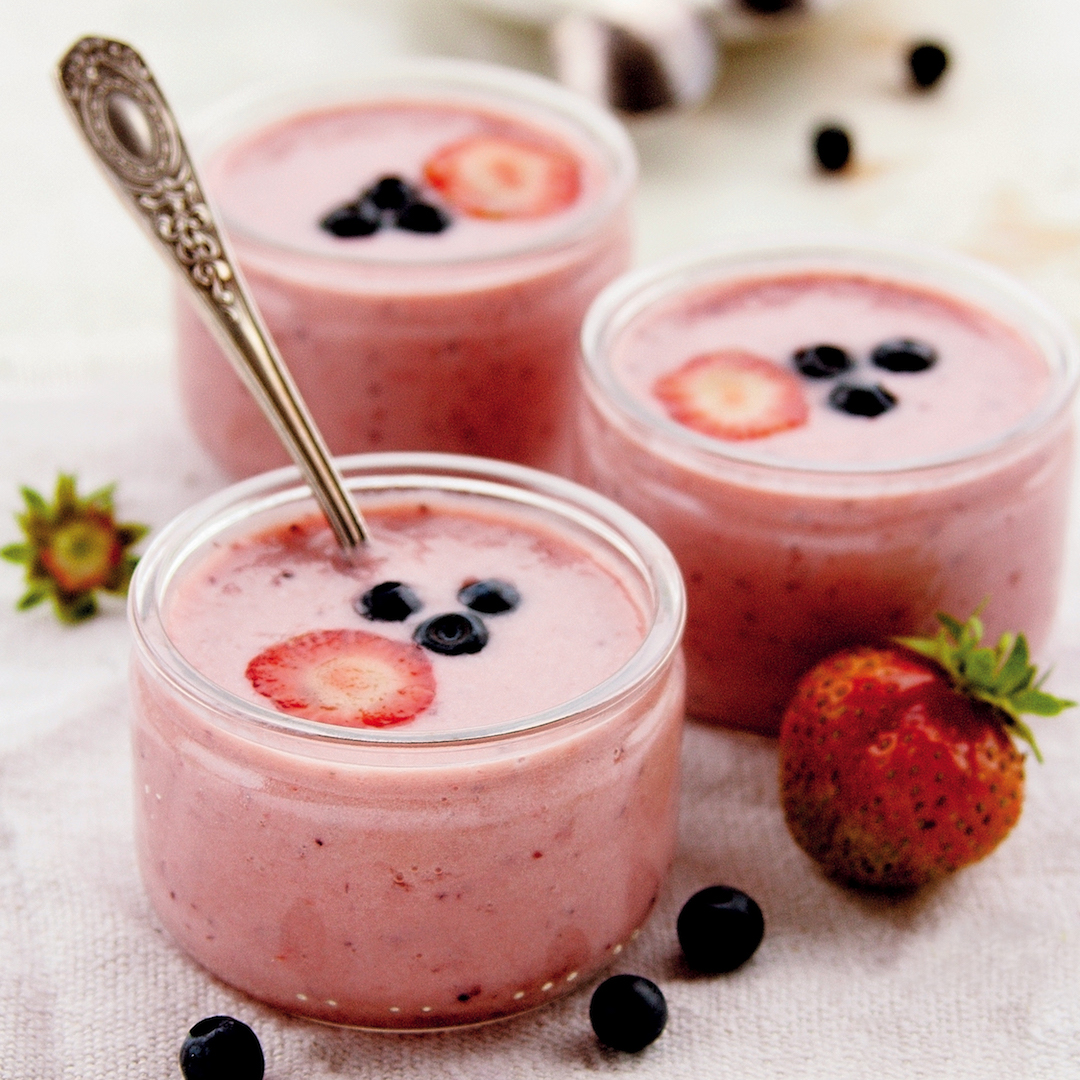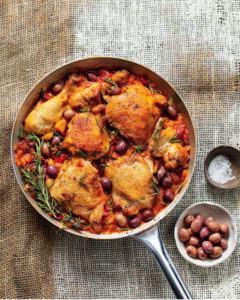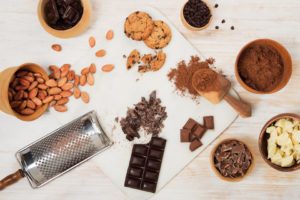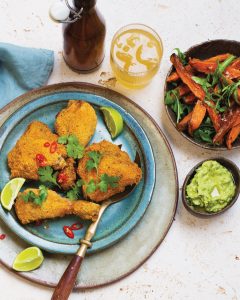Food provides the energy that fuels the body, so it makes sense that nutrition should form a fundamental part of any exercise programme. Dietitian and spokesperson for the Association for Dietetics in South Africa (ADSA) Vanessa Clarke explains which foods you should eat – and when – to meet the nutritional needs of your training routine.
By Lauren Shapiro
FILL THE TANK
Eating builds up energy and nutrient stores in preparation for your body’s increased needs during exercise, so it’s not advisable to train on an empty stomach. Quick options to grab before a workout include a slice of toast with peanut butter, a handful of nuts or a fruit smoothie. Ideally, eat at least an hour beforehand – any closer can leave you feeling full and affect your training capacity, as your digestive system will compete with your muscles for energy.
HYDRATION IS KEY
If you’re training for under 90 minutes, there’s probably no need to consume food during your workout. It’s crucial, however, to drink, as dehydration can lead to fatigue, cramping and decreased performance. Water is ideal, but sports drinks can be used if you’re taking part in high-endurance activities.
PROTEIN BOOST
Protein-containing foods are essential for replenishing nutritional stores after training, and for building and repairing muscle. Stick to lean chicken, fish and cottage cheese, and heart-healthy fats such as nuts, seeds and avo. Combine protein with carbohydrates and fat for a balanced post-workout meal. Good options include yoghurt with berries and nuts, eggs on toast, or an omelette with vegetables.
CARDIO-LOADING
Carbohydrates are your body’s main source of fuel, so high-quality carbs such as vegetables, fruit, wholegrains and oats are key to supplying muscles with energy for cardio training.
THE LONG RUN
Endurance sports, such as triathlons, call for plenty of nutritional support. A meal of pasta, a cheese or chicken sandwich, or a smoothie two to three hours before the event is crucial. Keep a constant supply of energy to muscles by snacking every two to three hours on sports or cereal bars, fruit and nuts.
ON THE BLACKLIST
To optimise training (and general good health), avoid refined foods, which often have reduced nutritional quality. Foods containing high amounts of sugar can cause dramatic fluctuations in blood glucose levels, so are best avoided. Also sidestep foods that may cause digestive discomfort (such as beans, legumes, broccoli, cauliflower, spicy foods and high-fibre cereals) before your workout.
THE FINAL WHISTLE
A balanced diet of low-GI carbs, lean protein and heart-healthy fats will give your body all the energy and nutrients it requires. Optimal nutrition depends on the type, as well as the duration, of your exercise – consult a dietitian when in doubt.




